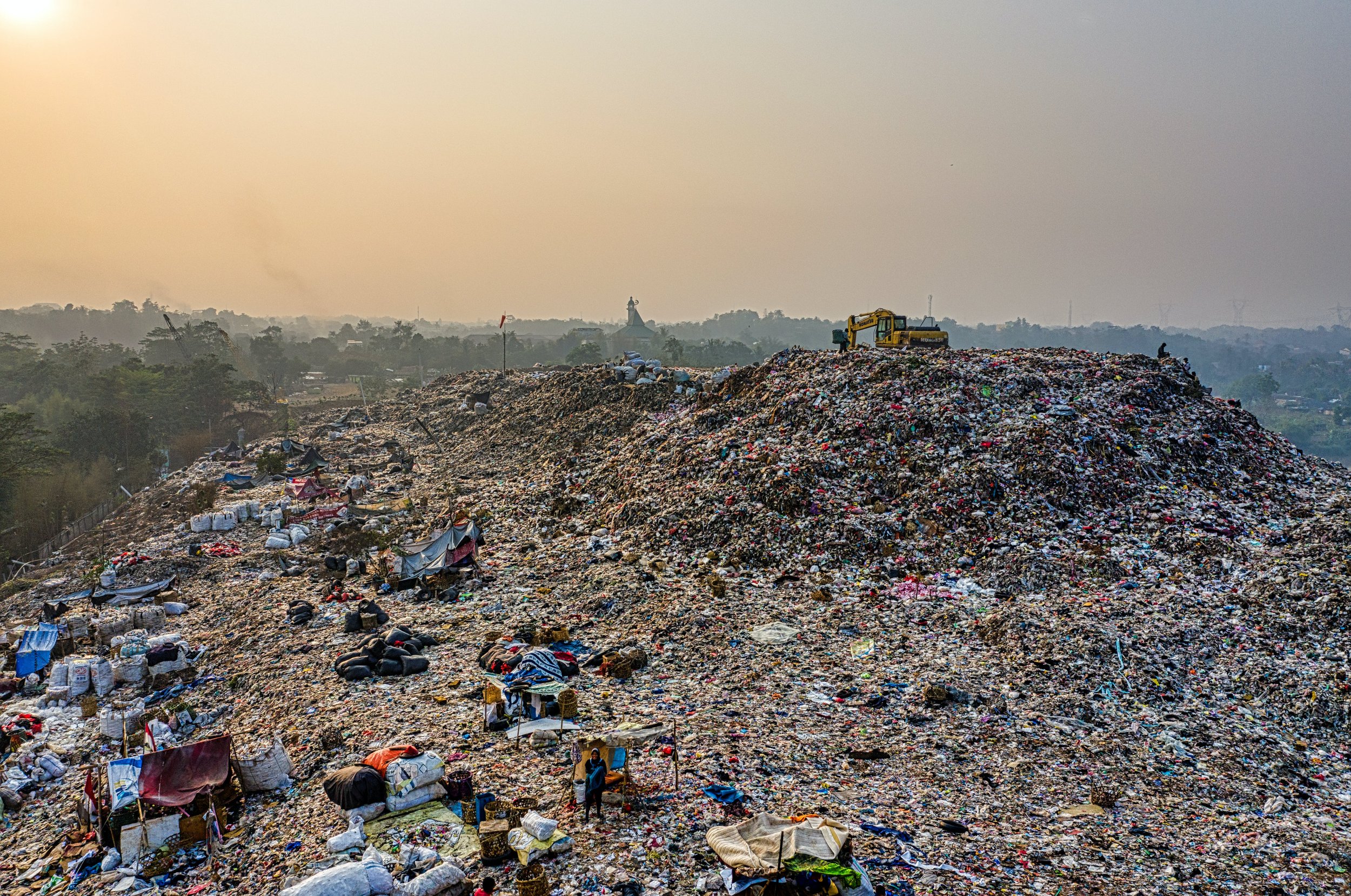
Made-to-order Production
High quality manufacturing with less waste
Why made-to-order knitwear?
At this point, many people are aware of the incredible amount of waste created by the fashion industry. 92 million tons of garment waste end up in landfills each year. This situation is largely due to abundant textile scraps, overproduction and poor quality clothing. Not only is this a massive amount of volume but is also primarily composed of plastic-like synthetic fibers that will not break down for hundreds of years.
We’ve decided to take a slow fashion approach to our manufacturing In order to explore a different, less wasteful way of producing clothing.
Thoughtful, Slow Fashion
WHAT IS FULLY FASHIONED KNITWEAR?
At COMMMAND knitwear, all items are made to order on an electrically operated knitting machine here in our Seattle studio. Since these items are knitted per garment and not as a roll of fabric, we are able to significantly cut down on scraps by knitting the majority of each piece to it’s exact shape without requiring much additional cutting. In the fashion industry, this is known as fully fashioned knitwear (see image above with the pink and blue top piece). The electronically knitted pieces are then each carefully assembled by hand on another machine before being shipped out to you.
Although it takes much more time than a traditional fashion brand that keeps a stock of its items, we find that manufacturing on demand allows us to cut back on waste by using only the materials we need when we need them.
Longevity and circular fashion
QUALITY = RESILENCE
The most sustainable piece of clothing is one that lasts many years. It is important to us that the quality of our garments ensures a long life - that is why we took time to select quality materials and our in-house manufacturing gives us the ability to have control over the fabrication of each piece.
COMPOSTABLE AFTER A LONG LIFE
We design your COMMAND knitwear garments to live a long life and we hope that when they start to wear in places, they are given a second life with some thoughtful mending. Finally, after they’ve been well loved for many years, they can be safely composted - literally buried in the ground if you like - and returned to the earth.
No plastic, no chemicals, no synthetic dyes means that they will remain unharmful to the planet and quickly biodegrade.







